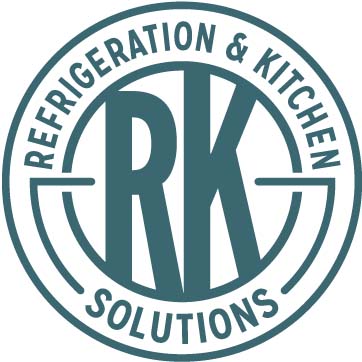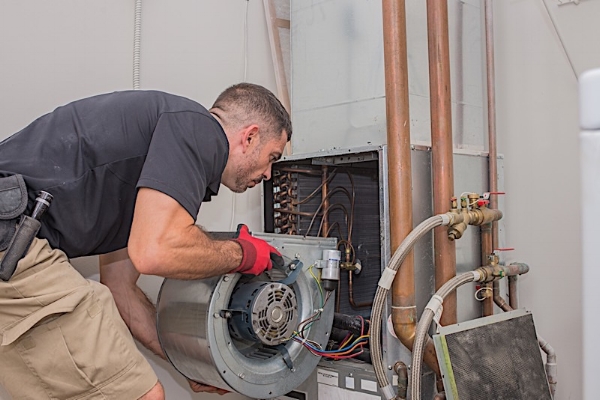Broken Restaurant Equipment - Should I Repair or Replace?
/We’ve all been there. There’s a beloved piece of machinery in the kitchen, but it’s been sputtering, failing, and having parts replaced at a jaw-dropping rate.
So you’re left with a decision: to repair or to replace your commercial kitchen equipment?
Well, that really depends on a lot of factors, and you’ll need to weigh them in order to make sure that you make the call with your business in mind.
How Old is Too Old?
The age of your equipment is going to be the biggest factor for most people, but different pieces of equipment have different life spans.
As a general rule of thumb: any machine over 10 years old is probably due for a replacement sometime soon. Some equipment, like ice machines, will have a shorter lifetime on average.
Age isn’t really the best way to determine if your appliance needs replacement, however, since there’s always the odd machine which will far outlast the average, and vice versa.
There’s another factor in equipment aging than failure, however: newer appliances are often quite a bit more efficient. EnergyStar ratings are an ideal way to save some money on your monthly utility bills.
With rising utility costs being a concern in many areas, it’s always a good idea to use more efficient appliances wherever possible.
The Cost Factor
In the event of a catastrophic failure, the usual rule of thumb is this: if a repair will cost more than 50% of a new item, you may want to upgrade. Of course, budget constraints don’t always allow for this.
If you can, however, replacing your unit may be the best move. Once something has failed once it’s likely going to continue to do so. Often one part will break, then another, then another, leading to a cascade effect that can wind up with you paying more in repairs than it would have cost you to buy a new unit upfront.
You may also want to figure in savings on utility bills that can be made if you switch to more efficient appliances, but the math can be a bit tricky at that point.
Warning Signs
If you’re not quite there yet and haven’t had a technician come out to check on your equipment just yet, then you’ll want to keep an eye out for the following problems:
- Ice machines which have trouble harvesting most often have a warped evaporator. The repair is usually more costly than a new machine by a wide margin in this case. Get it replaced as soon as possible to keep efficiency up.
- Ventilation systems will build up grease that even professionals can’t get rid of over time. You’ll also see problems with rising HVAC costs if that’s the case, which usually means it’s time to replace things.
- Commercial dishwashers with leaks around the tanks or tubes are a warning sign of welds failing before the death knell. Failure is often enough to put an entire kitchen in disarray, so this is one device that you shouldn’t mess around with.
- Griddles will rust and pit as time goes on, letting you know they’re nearing the end of their lifespan. In addition to cosmetic difficulties, these features can also alter the end quality of the food you’re putting out.
- Commercial refrigerators get a bit dicey at the end of their life. In addition to the failure of the refrigeration system, you’ll also have to worry about gaskets, warped drawers, and a ton of other things that may lead to you wanting to replace the unit.
Budgeting and Replacements
Quite often restaurants will have gear in varying levels of repair and age. It’s pretty natural, after all, since replacements are going to happen sooner or later in most cases.
Of course, if you had an unlimited budget then you’d likely have everything shiny and new already.
Your budget is likely to be the real determining factor, of course, but you need to compare the savings vs. the immediate expense for the most accurate picture of which decisions is right for your business.
Even if you can’t afford a new, high-end machine then you should be able to pick up a used machine that’s still in good shape for a lesser cost. Just make sure that you know which questions to ask in order to make sure that you don’t get an even more problematic machine littering your kitchen.
The Final Balance
Deciding whether to repair or replace equipment is a big decision, and it’s important to both your bottom line and the efficiency of your kitchen. Each piece should be considered individually, but when in doubt for more than a few minutes you’re probably better off replacing the machine if you can fit it into your expenses.
Your commercial kitchen equipment is the key to ensuring that you’ll be able to produce the food you want, to the quality you want, in a timely fashion. So, make the right choice and you can rest assured that things will go.


